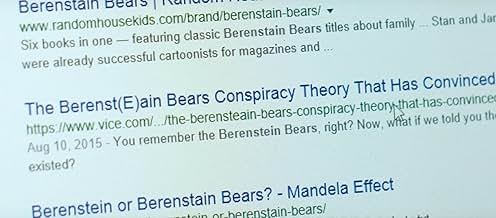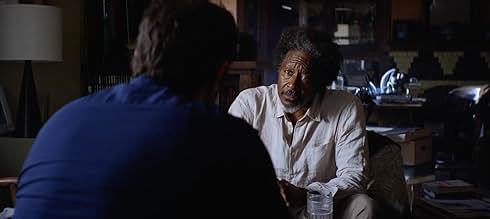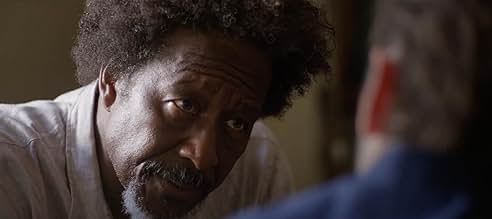Un homme est obsédé par des faits et des événements dont des milliers de personnes se souviennent mal. Persuadé que ceci est symptomatique d'un phénomène de plus grande ampleur, son obsessio... Tout lireUn homme est obsédé par des faits et des événements dont des milliers de personnes se souviennent mal. Persuadé que ceci est symptomatique d'un phénomène de plus grande ampleur, son obsession l'amène à douter de la réalité même.Un homme est obsédé par des faits et des événements dont des milliers de personnes se souviennent mal. Persuadé que ceci est symptomatique d'un phénomène de plus grande ampleur, son obsession l'amène à douter de la réalité même.
- Réalisation
- Scénario
- Casting principal
- School boy
- (as Matthw Lee Price)
Avis à la une
The ending was fantastic. Exactly what i hoped for. Casting is great. Writing excellent. Direction on point. Give it 30min if you still hate it, it might not be for you. If you enjoy it at that point keep on. It's a great ride.
The movie does a great job in presenting several of the Mandela Effect issues and their basis in real science. Quantum physics, the multiverse theory (the real one not that Marvel crap), the holographic universe, all these point to much bigger things than we can currently understand.
I get why people can't connect to this movie, they can't wrap their head around the idea that what they consider reality may not actually be. That leads into meaning of life questions, concepts of God, and all sorts of existential reality crises. The average person can't handle that, so they freak out and refuse to think about it. Those of us who do question reality find the subjects very stimulating.
I think they did a good job wrapping up the movie. There were really only a couple plausible options for an ending and they choose the happy version. I can dig it.
Le saviez-vous
- AnecdotesClarke Peters, who portrays Dr. Roland Fuchs, played Nelson Mandela in the film Endgame (2009).
- GaffesIn the 88th and 89th minute Brendan introduces himself to Dr. Fuchs as 'Brandon.' Fuchs then asks, "...Brendan, right?" To which Brendan says yes. This may, however, be intentional based on the surreal and cerebral story.
- Citations
[first lines]
Brendan: [narrating] How many? How many trials will it take for this rat to run this maze without making any mistakes? How quickly will the rat complete the maze each time? Over multiple trials, will he get faster? Over time, rats tend to run the maze with fewer and fewer errors. Soon, they eliminate the errors altogether, and move faster. As it moves, it's creating an internal map of its world.
Brendan: Researchers use maze studies to help identify general principles about learning and memory, and what they learn can be applied to other species. Even us.
Brendan: I design games. I code. In video games, we come across these principles each time we play. They are designed so we use our memory to learn, adapt and advance. Without our memory, we'd get nowhere.
- ConnexionsReferenced in Je veux juste en finir (2020)
Meilleurs choix
- How long is The Mandela Effect?Alimenté par Alexa
Détails
- Durée
- 1h 19min(79 min)
- Couleur
- Rapport de forme
- 2.39:1

















